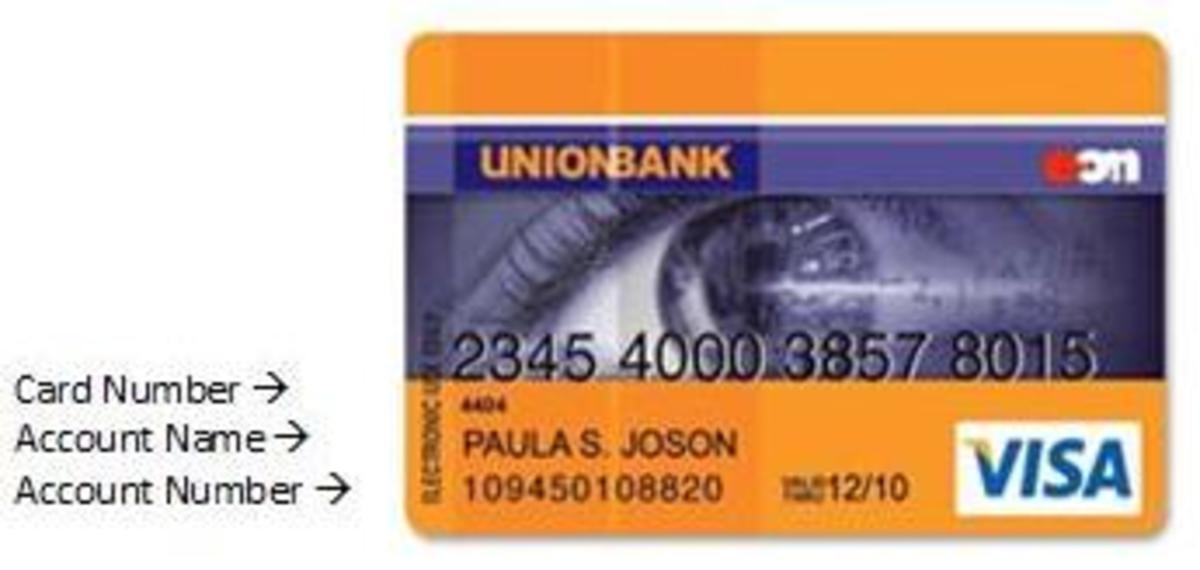Choosing a Credit Card that is Ideal for You

With so many credit card offers and options available these days, how do you know which card (or cards) is right for you? You don’t want to just choose any card and get stuck with a high interest rate or have a wallet full of cards that you just don’t need. Here are some things to consider when choosing your next credit card to determine if it is one that you need.
How Do You Plan to Use Your Credit Card?
Before you even consider getting a card that you have your eye on, ask yourself how you plan to use it. Are you looking for a credit card that you can use to get gas and then pay it off every month? If so, then the interest rate on the card should not be a huge concern. However, you have to be realistic and disciplined about your plans. A high-interest rate credit card that gives you a discount on your fuel is only financially beneficial to you if you pay it off every month and you don’t charge it up with frivolous purchases each month.
Will I Carry a Balance?
If you plan to carry a balance each month on your credit card in order to pay off a big bill or make that major purchase that you can’t afford unless you put it on your card, you should know about how the interest is compounded. Look for a credit card that has a low fixed rate for balances so you aren’t whopped with a huge bill after a few months of charges.
Do You Want Rewards from Your Cards?
Many people choose their credit cards simply by what those cards can offer them. Credit card companies these days issue rewards ranging from frequent flier miles for travelers to restaurant gift certificates or even a percentage of cash back on your purchases. While you won’t get rich off of getting rewards from your credit card, it is nice to get a free dinner every once in a while or get a check in the mail that you weren’t expecting.
Are there any fees?
With all of the competition in the credit card industry, you should not pick a card if it has an annual fee or any other fees attached to it. Some cards will charge you a fee if you use it too much. Others will charge you a fee if you don’t use it enough. That’s why you have to be sure to read the fine print that comes with the contract for your credit card. However, almost every credit card that is available will charge you a fee for cash advances. So if you go to the ATM a lot to get money out for the weekend or for other purposes, you will almost definitely be charged a fee regardless of which card you choose. It’s always best to know how much you will have to pay so you aren’t surprised when your credit card statement comes at the end of the month.
Do you want to transfer your balances between cards?
There are many credit cards available for the main purpose of transferring your balance from one card to another. These balance transfer cards often offer a great interest rate in the beginning, some as low as 0 percent. However, this low rate only lasts for a few months to give you time to pay off the balance that you transferred from the other credit card (which probably had a high interest rate, causing you to want to pay it off immediately). When a card offers a very low rate, always know the terms and conditions of that rate. Some rates will change after a few months while others may change if you are late on a payment. Without knowing what the conditions are for the low rate, you could be making a big mistake with the balance transfer card that you choose.
In today’s society, it is almost impossible to get by without using a credit card at least every now and then. It’s difficult to rent a car without a credit card or buy many things online without one. But it’s easy to get into financial trouble if you use your credit cards unwisely. Part of the battle is to find the best credit cards for your particular situation so you can benefit from those cards as much as possible. A few minutes of research and reading the fine print in the terms and conditions can save you a lot of money and a lot of surprises on your monthly statements.
What cards do you qualify for?
This is going to be a major factor in which credit cards you choose to carry around in your wallet or purse. Before you start shopping around for a new credit card, you should find out what your personal credit score is. Your credit score is going to determine which cards you qualify for. Many credit cards are designed to help people with bad credit build their score back up by offering low limits on balances. These cards often have a catch, though. They are secured credit cards, which means that you put the money on the credit card and then use the money that is on the card. This is different than a prepaid credit card in that the company reports your activity to the major credit bureaus on a regular basis. Since you are using your own money in the first place, there is no chance of going over the limit or getting charged late fees. Then, once your credit begins to build back up, the credit card company slowly increases your limit and reduces the amount of money you have to put up front for spending.
Secured credit cards are an ideal way to build your credit if there are cards out there that you want to get but you don’t qualify for. Think carefully about what you want in a credit card and whether or not that’s realistic to help you choose the card that is ideal for you.









